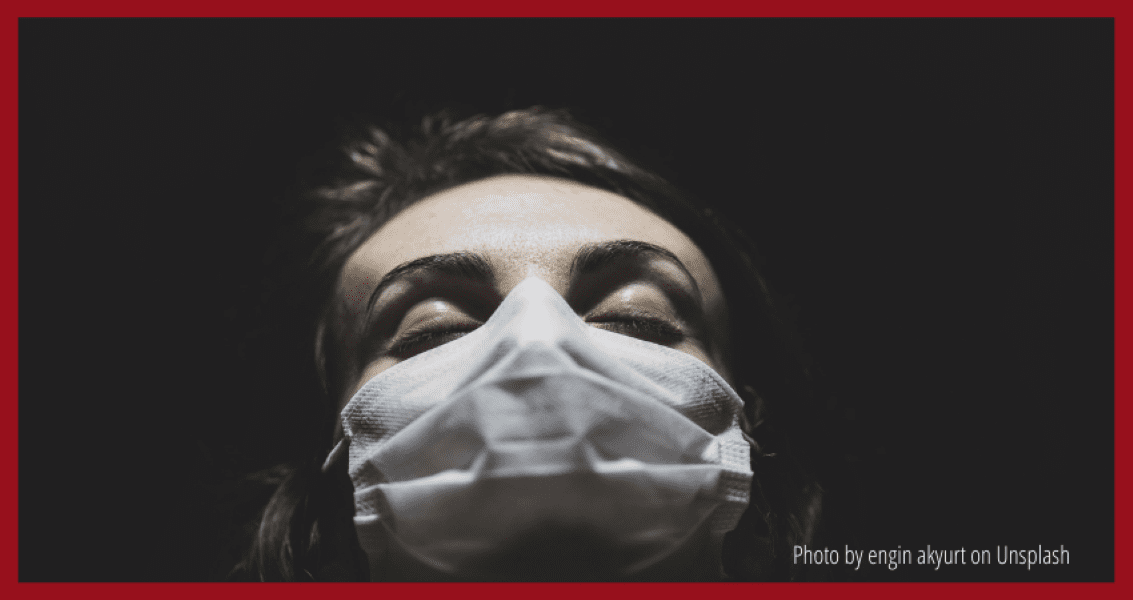
According to Ashley Cooper, CEO of Paladin Security Group, the coronavirus pandemic is the most challenging situation the security industry has faced in his career. That’s even if you compare it to the 1987 stock market crash or the 2008 Great Recession. One reason is the constantly shifting demand for security guards. After losing their jobs in retail, many security officers have had to transition to high-stress healthcare roles. New positions that often require long hours (as much as 70-80 a week) plus new risks and requirements.
New Risks & Requirements
Pre-pandemic, a security guard’s main concerns were signing visitors into buildings, directing delivery workers and preventing theft. In the COVID era, guards are expected to act as public health officials as well as law enforcement, without having the authority or often the experience of either. They’re trained to secure testing sites and record temperatures. As a result, assaults on staff have increased as security officers find themselves at the center of a culture war over mask wearing. They’ve had to deal with the angry attacks of frustrated, violent visitors who refuse to wear masks. And all of this is in addition to their daily risk of exposure to the COVID virus.
Tackling Security Guard Stress
Severe stress doesn’t only impact quality of life or job performance. It can also damage mind and body. So whether you’re a security officer or manage a security firm, tackling COVID stress should be a priority.
Spot the Signs
Security guards and security companies should watch out for these warning cues, so both staff and business thrive. Here are common symptoms you might notice.
Physical symptoms
- Fatigue
- Headache
- Dizziness
- Upset stomach
- Muscle tension
- Change in appetite
- Teeth grinding
Mental symptoms
- Irritability, anger
- Feeling nervous
- Lack of energy
- Feeling like crying
Lower Stress Levels
Once you’ve identified the signs, follow or share these simple tips to help reduce stress.
- Relax muscles: Relax tense muscles with a massage, hot bath or easy stretches.
- Breathe deep: Soothe nerves with deep breathing exercises.
- Slow down: Use strategies to slow down and calm down. Set your watch 5 to 10 minutes ahead to avoid the stress of being late. Drive in the slow lane on the highway. Break big tasks into small ones. For example, instead of answering all 20 emails in your inbox, respond to a few.
- Take a break: Schedule downtime every day, whether it’s listening to music or a few minutes of meditation.
- Talk about it: Tell friends, family or a therapist what’s causing your stress. Or, talk to yourself. Use positive self-talk like “I’m doing the best I can”.
- Exercise: Get moving. Studies show that exercise helps boost mood and relieve stress.
- Eat healthy: Stress hormones can trigger fat and sugar cravings. But, you’ll feel better physically and mentally if you eat healthy.
- Try a hobby: Spend at least 5 minutes a day doing something you love like reading or an art project.
- Help others: Shift your focus away from work by volunteering or lending a hand to a friend. Studies show this can increase positive emotions and reduce stress.
- Limit social media: Following the news on Twitter or comparing yourself to a friend’s Facebook post can be stressful. So curb your time on social media.
- Start a stress journal: Studies show journaling about stressful thoughts and situations can help you brainstorm ways to eliminate triggers and feel calmer.
- Stick together: Many security guards say supporting each other helps get them through tough days. For example, sharing a joke to unwind or taking a break together to talk.
More Tips to Help You Thrive
Want more tips to help your security career or company thrive during the pandemic and beyond? Sign up for The Security Station newsletter!

